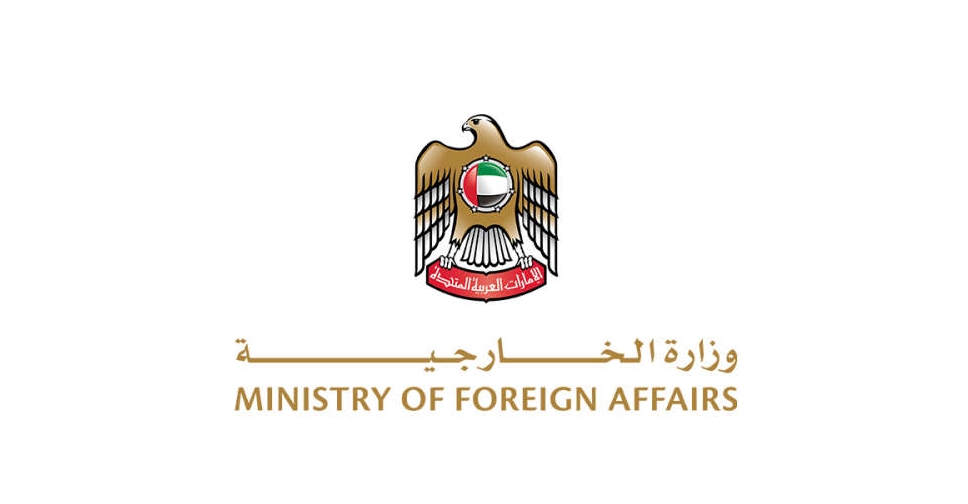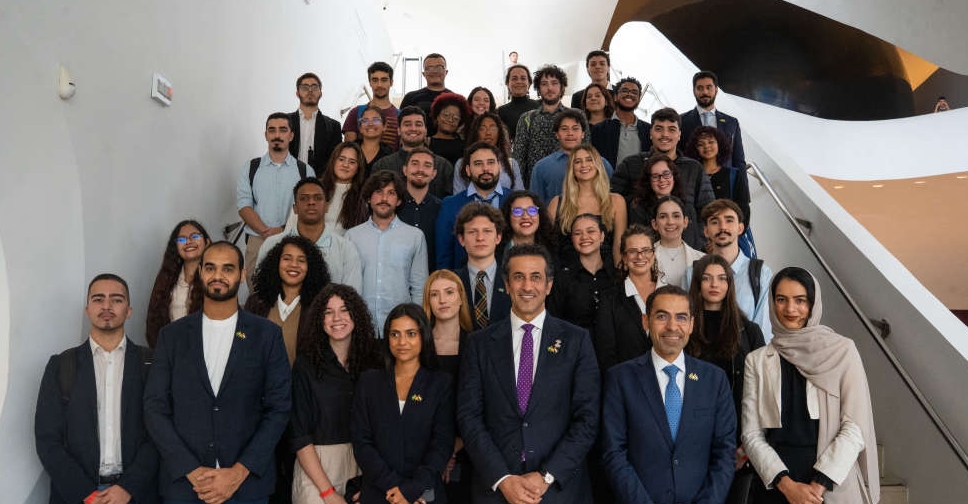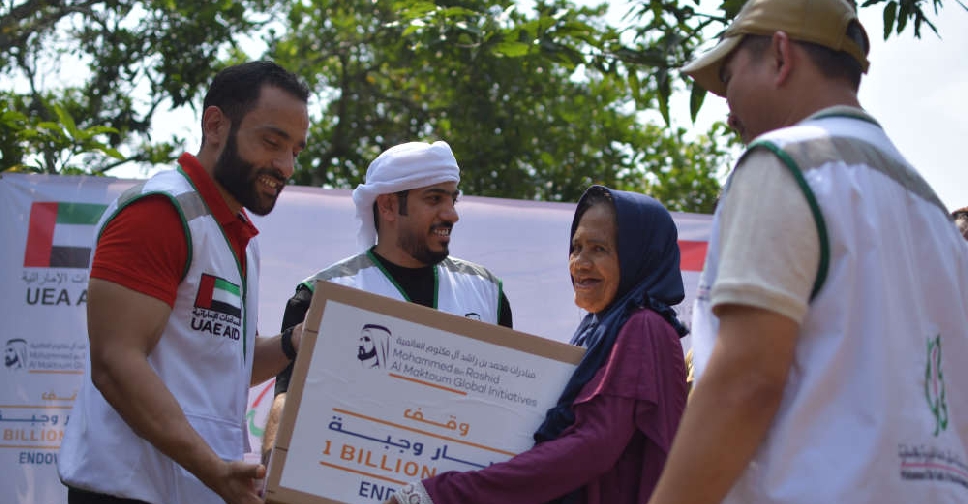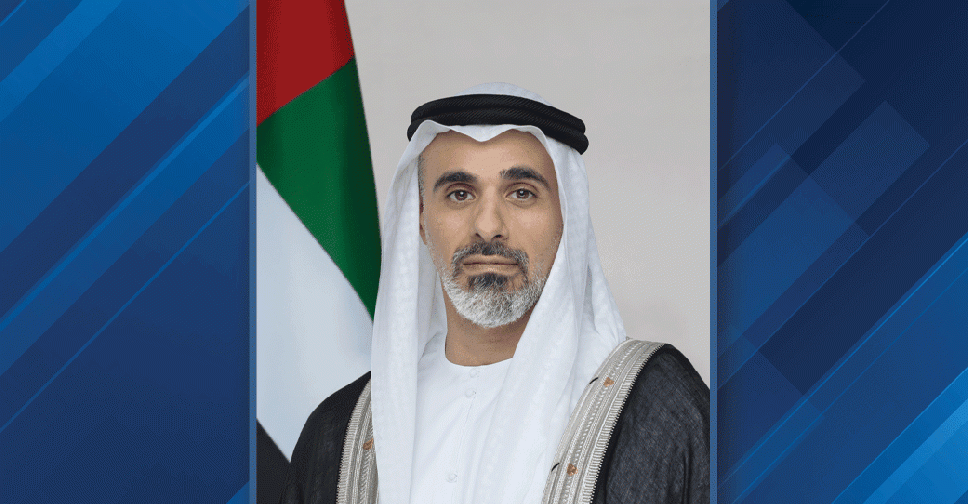
Palestinian Prime Minister Mohammad Shtayyeh said on Monday he was resigning to allow for the formation of a broad consensus among Palestinians about political arrangements following Israel's war against Hamas in Gaza.
The move comes amid growing US pressure on President Mahmoud Abbas to shake up the Palestinian Authority as international efforts have intensified to stop the fighting in Gaza and begin work on a political structure to govern the enclave after the war.
His resignation must still be accepted by Abbas, who may ask him to stay on as caretaker until a permanent replacement is appointed.
In a statement to the cabinet, Shtayyeh, an academic economist who took office in 2019, said the next stage would need to take account of the emerging reality in Gaza, which has been laid waste by nearly five months of heavy fighting.
He said the next stage would "require new governmental and political arrangements that take into account the emerging reality in the Gaza Strip, the national unity talks, and the urgent need for an inter-Palestinian consensus".
In addition, it would require "the extension of the Authority's authority over the entire land, Palestine".
The Palestinian Authority, formed 30 years ago under the interim Oslo peace accords, exercises limited governance over parts of the occupied West Bank but lost power in Gaza following a struggle with Hamas in 2007.
Fatah, the faction that controls the PA, and Hamas have made efforts to reach an agreement over a unity government and are due to meet in Moscow on Wednesday. A senior Hamas official said the move had to be followed by a broader agreement on governance for the Palestinians.
"The resignation of Shtayyeh's government only makes sense if it comes within the context of national consensus on arrangements for the next phase," senior Hamas official Sami Abu Zuhri told Reuters.
Israel has vowed to destroy Hamas and says that for security reasons, it will not accept Palestinian Authority rule over Gaza after the war, which broke out following a Hamas-led attack on southern Israel on October 7, which killed some 1,200 Israelis and foreigners.
So far, almost 30,000 Palestinians have been killed in the Gaza fighting, according to Palestinian health authorities, and almost the entire population has been driven from their homes.

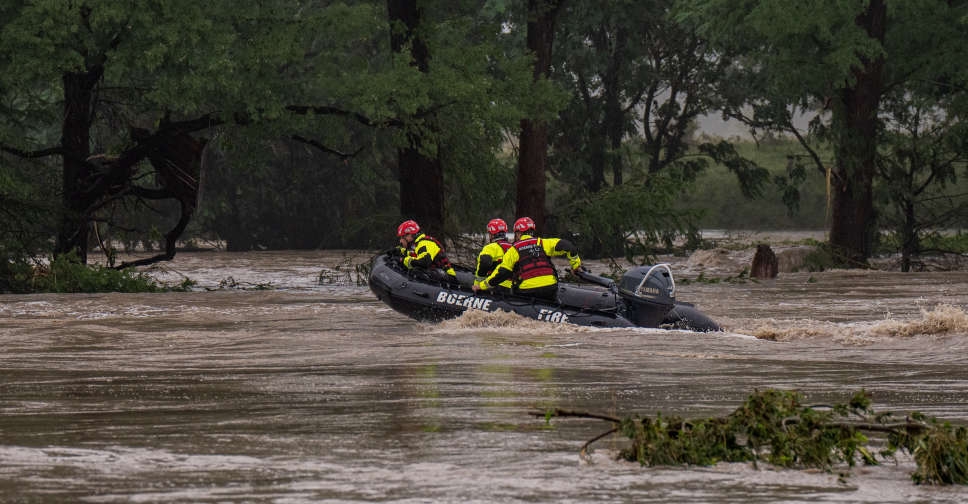 At least 24 dead in Texas flash flooding
At least 24 dead in Texas flash flooding
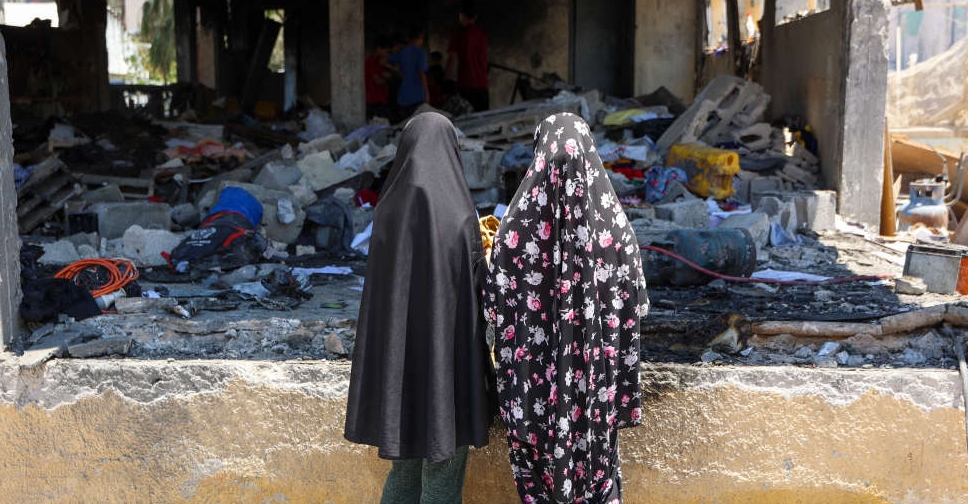 Hamas says it responds to Gaza ceasefire proposal in 'positive spirit'
Hamas says it responds to Gaza ceasefire proposal in 'positive spirit'
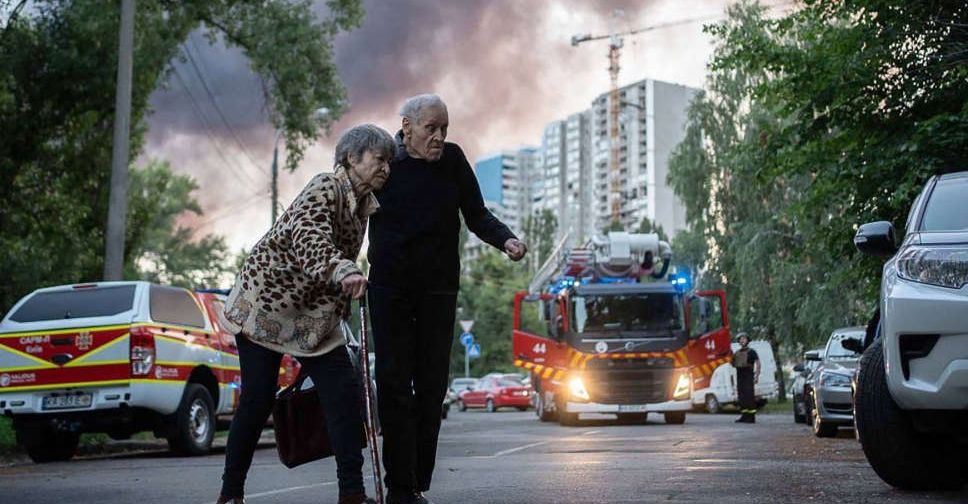 Russia pounds Kyiv with largest drone attack, hours after Trump-Putin call
Russia pounds Kyiv with largest drone attack, hours after Trump-Putin call
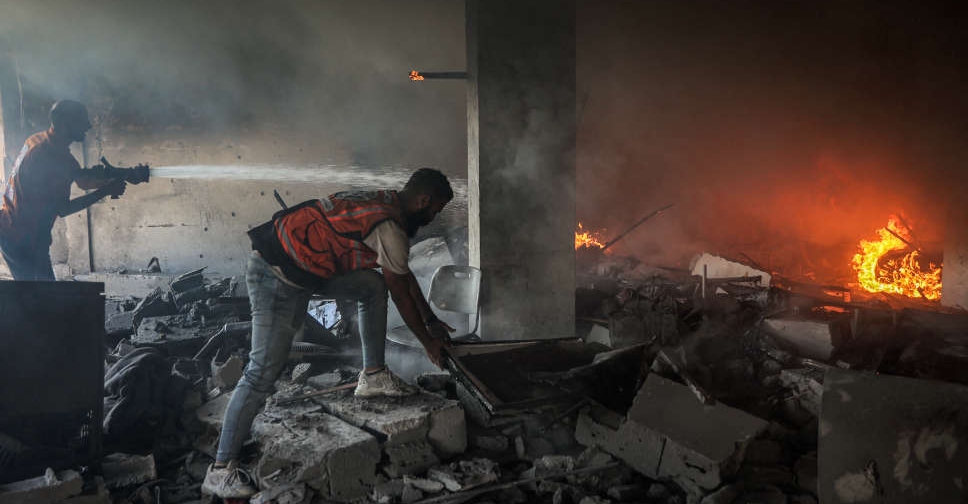 Trump says he expects Hamas decision in 24 hours on 'final' peace proposal
Trump says he expects Hamas decision in 24 hours on 'final' peace proposal
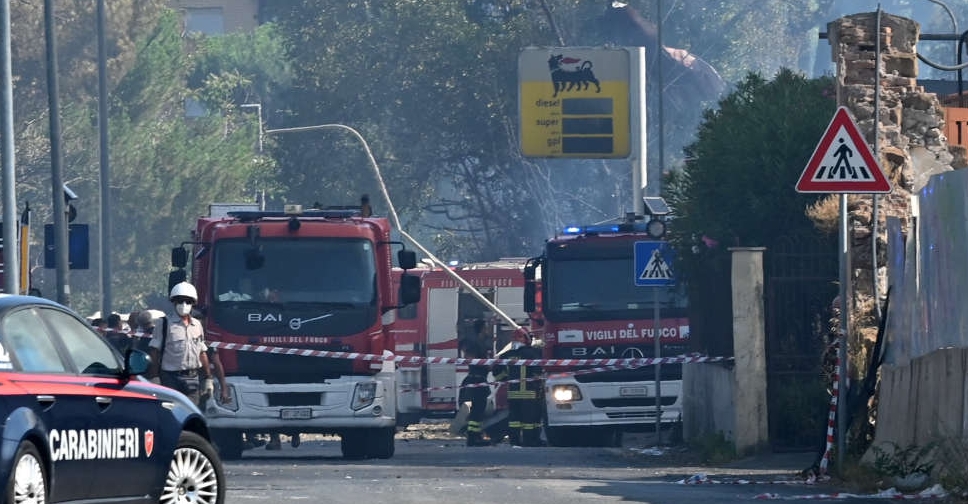 Huge explosion at Rome petrol station injures at least 27 people
Huge explosion at Rome petrol station injures at least 27 people
